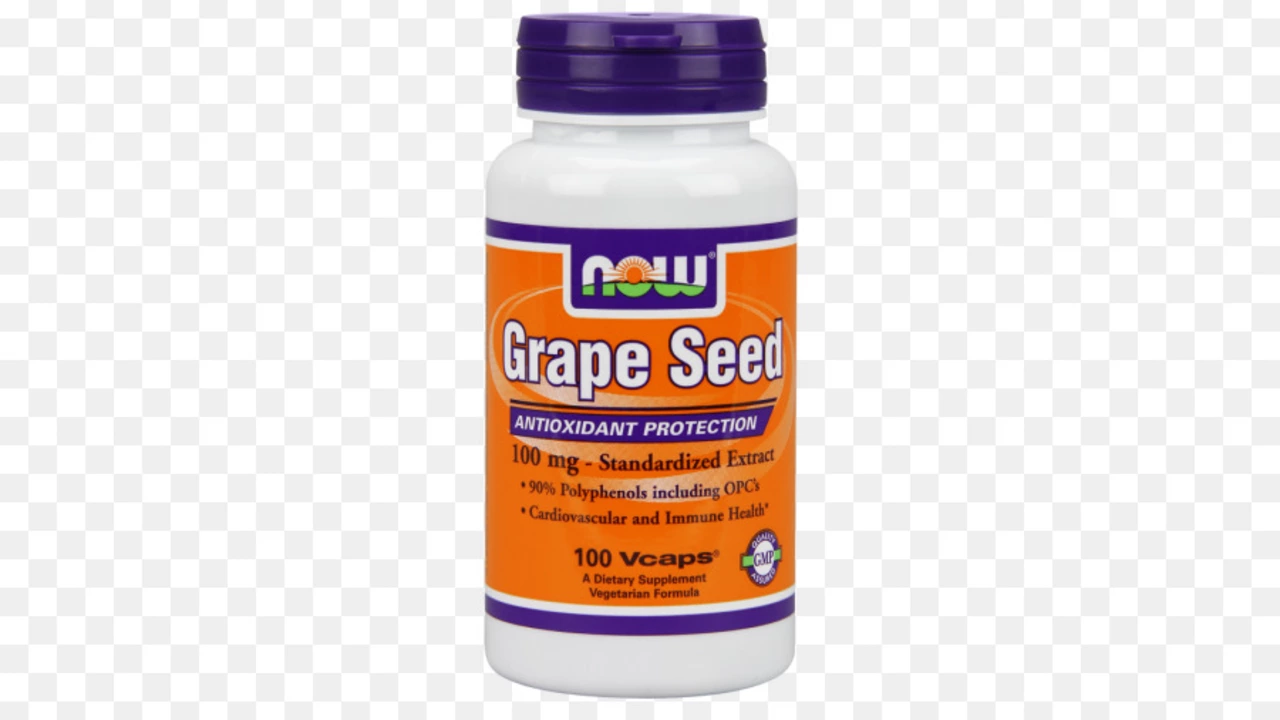Dietary supplement industry: what consumers need to know
The supplement aisle looks friendly, but the industry operates differently than the drug world. Supplements can help, but they aren’t reviewed by the FDA before sale the way prescription medicines are. That gap means you need to be more curious and cautious when picking products.
How the industry works
Manufacturers produce vitamins, herbs, protein powders and more under rules from the Dietary Supplement Health and Education Act (DSHEA). DSHEA lets makers sell products without pre-approval, but it also requires truthful labeling and good manufacturing practices (GMP). In plain terms: companies must follow safety and labeling rules, but the government usually takes action only after a problem pops up.
That reality creates a few common issues: inconsistent ingredient amounts between batches, fake or contaminated products, and exaggerated claims that promise big results with little evidence. Online marketplaces add another layer — third-party sellers sometimes resell counterfeit or expired stock, so buying from reputable retailers matters.
Practical steps to buy smart
Start by checking the label closely. Look for the active ingredient, dose per serving, and a complete supplement facts panel. Avoid products that hide doses under terms like “proprietary blend.” Those blends don’t tell you how much of each ingredient you’re actually getting.
Prefer brands that use third-party testing. Labels that show USP, NSF or ConsumerLab verification mean an independent lab tested the product for ingredient accuracy and contaminants. That doesn’t guarantee the item is perfect, but it reduces risk.
Watch for red flags: promises of miracle cures, celebrity endorsements without science, and multi-level marketing hype. If a supplement sounds too good to be true, it probably is. Also compare ingredient doses to proven therapeutic ranges. A tiny amount of an herb or vitamin is often a marketing trick, not an effective dose.
Think about interactions and side effects. Supplements can interfere with prescription drugs, blood thinners, or medical conditions. Tell your doctor or pharmacist what you plan to take. They can flag risky combinations or suggest safer timing and doses.
Price isn’t everything, but very cheap products may cut corners on raw materials or testing. Conversely, expensive doesn’t always mean better. Check batch numbers, expiry dates and customer reviews for consistency. If you buy online, prefer the brand’s official store or well-known pharmacies.
Finally, report problems. If a product made you sick or had unexpected effects, report it to the FDA’s MedWatch program. That feedback helps regulators and can trigger safety checks other buyers benefit from.
The dietary supplement industry offers useful options, but it asks consumers to do homework. A few simple checks — read labels, choose third-party tested brands, ask your clinician, and watch for big claims — will cut your risk and help you get something that actually works.
Histidine, an essential amino acid, is making waves in the dietary supplement industry. It's not just a building block for proteins in our body, but also plays a vital role in various physiological functions. It's been linked to improved immune responses, better mental health, and even enhanced athletic performance. This has led to a surge in its popularity in the supplement market. As we continue to explore the health benefits of histidine, it's clear that this once overlooked nutrient is now taking center stage.

